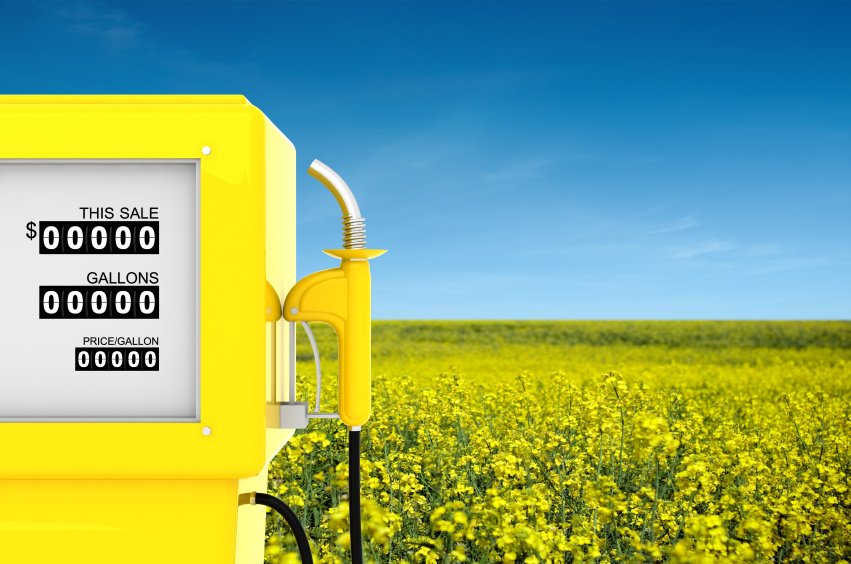 It’s easy to see that alternative fuels are a thing of the future in the trucking industry. Depending on whom you ask, natural gas (CNG/LNG), propane, hydrogen, or biodiesel fuel could be the answer. Your guess is as good as mine, and I’m not writing to give you my opinion on which I believe will be the fleet fuel down the road (pun intended). The easy answer is that it’s probably a mix. The alternative fuel that is currently affecting the majority of our clients in some shape or form is biodiesel fuel.
It’s easy to see that alternative fuels are a thing of the future in the trucking industry. Depending on whom you ask, natural gas (CNG/LNG), propane, hydrogen, or biodiesel fuel could be the answer. Your guess is as good as mine, and I’m not writing to give you my opinion on which I believe will be the fleet fuel down the road (pun intended). The easy answer is that it’s probably a mix. The alternative fuel that is currently affecting the majority of our clients in some shape or form is biodiesel fuel.
Biodiesel is a domestic, renewable fuel for diesel fuel engines when blended with petroleum based diesel fuel. Biodiesel itself is made up vegetable oils and animal fats, and has to meet requirements of ASTM D6751 and the EPA. Once blended with diesel fuel, it becomes biodiesel fuel blend. The amount of blended biodiesel fuel is represented with a number or percentage existing in the blend. For example B2 is required in the state of Pennsylvania (B2 stands for 2% biodiesel, and 98% petroleum diesel fuel).
Pros of biodiesel:
- Cleaner than diesel fuel– Less carbon monoxide/dioxide reduces emissions.
- Less foreign dependency- The U.S. is the largest petroleum consumer. Since biodiesel is plant based we can grow ourselves instead of relying on other countries to supply us.
- Improved lubricity- helps keep engine parts moving smoothly since sulfur has been taken out of diesel fuel.
- Better smell- Anyone who has been around diesel fuel knows it’s not the greatest smell. It stays on your clothes, it’s dirty, etc. Biodiesel emits a fried food type of smell, which is easier to deal with.
- Helps Farmers- Another source of revenue for farmers growing the ingredients needed for biodiesel fuel.
Now That We Know the Pros, here are the Cons
Cons of biodiesel:
- Engine issues- Todays engines are designed to operate with petroleum diesel fuel. They will have to adapt to biodiesel.
- Cold weather issues- Biodiesel fuel at low temperatures can thicken because of the higher water content and plug fuel filters.
- Higher cost- Right now the higher cost is outweighed by the tax credit where applicable, but that will eventually go away and it will be more expensive.
- Less MPG- While not extreme, miles per gallon in some fleet management reports are slightly less
- Does it make sense- No one wants to rely on foreign oil. We want to burn the cleanest products in trucks to make the environment safe. With making biodiesel fuel is it costing us a lot more to: produce it, energy to make it and possible food resources? I don’t know.
I do know that with biodiesel fuel our clients seem to run into more issues then they do with diesel fuel, especially in the winter time. Only time will tell what will be the best ALT fuel and if it has the potential to take over as the main source for fueling our trucks, or if good old diesel fuel prices are here to stay.
{{cta(‘1b8a7c8d-6e85-4f74-8f78-7be8d5889262’)}}